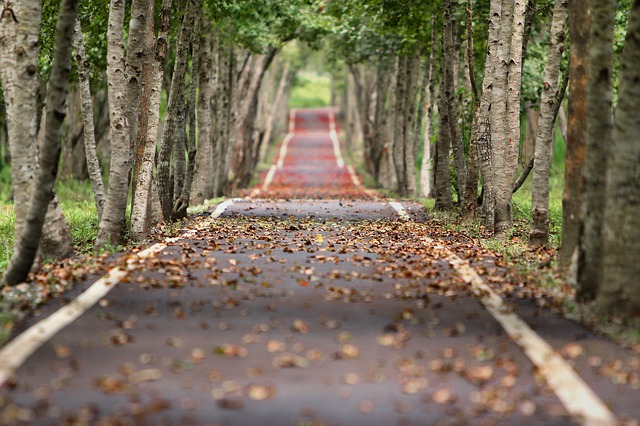The country just got a burst of cold. Thermostats turned on for the first time this week. Here are a few more helpful tips to keep you warm.
Adjust your wardrobe. For sleeping attire; get out your long sleeves and flannel pajamas. Keep a robe handy to your bed for use when you get up. Put your flip-flops in the closet and get out some slippers with a sole and a warm lining. Wear heavier socks. Winter months mean storing your T-shirts and shorts away and switching to sweats, lightweight but warm sweaters with long sleeves. (Keep a couple of those T-shirts on hand to wear as an undergarment.) Invest in thermal undergarments.
Eat right. A hot breakfast versus cereal with cold milk can make a big difference. Oatmeal, eggs and toast, pancakes or waffles or even a bowl of soup will take you farther. (Sprinkle some freshly made popcorn over a bowl of tomato soup for breakfast or lunch. It’s a treat that will help keep you warm.) Keep your carb’s up. Hot pasta dishes, a stove-top stew of potatoes and chunky vegetables are great tummy warmers. (Afraid of added weight? Your body will burn those carb calories keeping you warm. Or get out there and move some snow; it’s great exercise.)
Add another blanket to the bed. Down-filled bedding is pricey, but well worth the investment. Consider flannel sheets and/or a quilt.
Clean out your gutters. Having gutters clear of debris will allow the melted snow to flow off your roof into drainage, rather than onto your house or into your foundation.
Prepare an “emergency” kit, keep it well-stocked and educate everyone in your household where it will be stored. Keep it within reach of anyone over three feet of height. Your kit should include:
- Flashlights and batteries
- Candles and a lighter or plenty of matches. (Wrap them in a plastic bag to help keep them dry) You might have a battery operated lamp or an oil lamp. (Do not store an oil lamp with oil in it. Keep this flammable liquid tightly sealed and separate until you need to use it.)
- A battery operated radio
- Foodstuffs – Keep foods on hand that can be eaten cold.
- Canned fruit
- Canned meats such as tuna or shredded beef
- Cereals that can be eaten dry
- Chocolate bars or a couple bags of chocolate chips
- Plenty of water
- A small, propane operated camping stove and at least two extra canisters of propane. (Do not ever, ever use a charcoal-type camping or cooking unit indoors!)






Leave a Reply